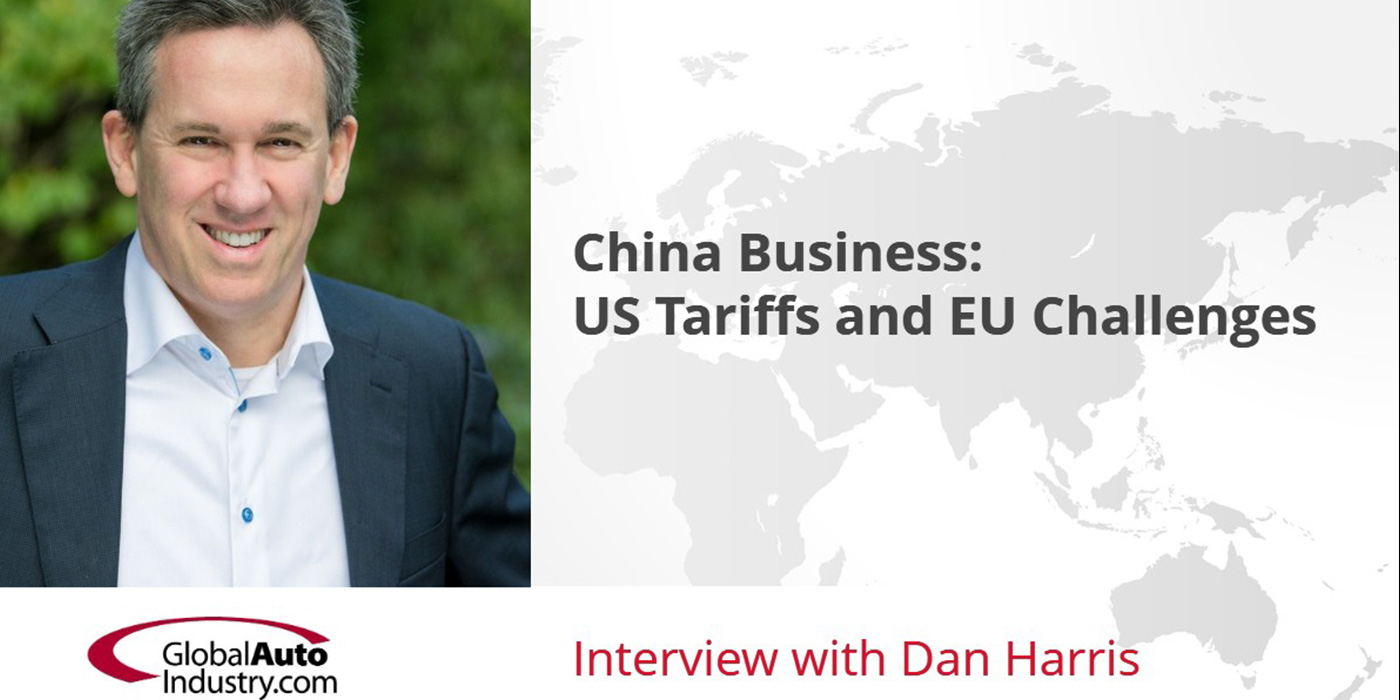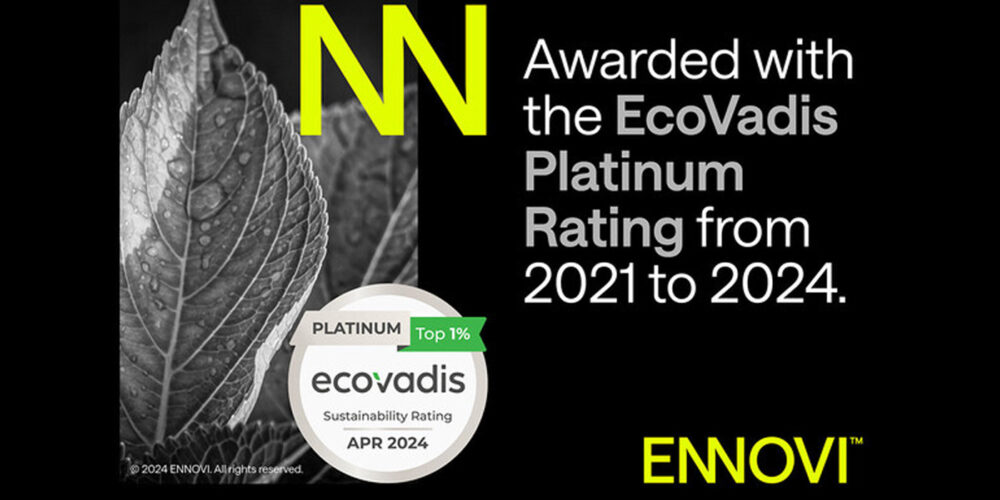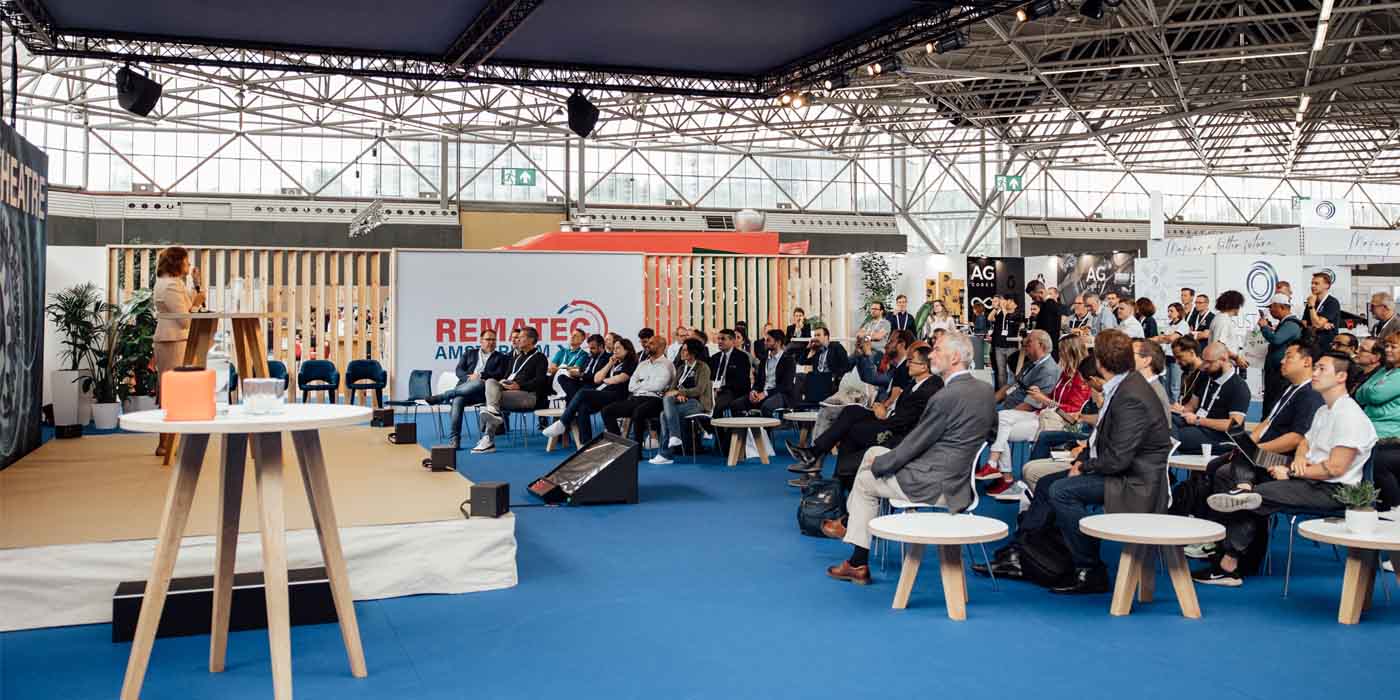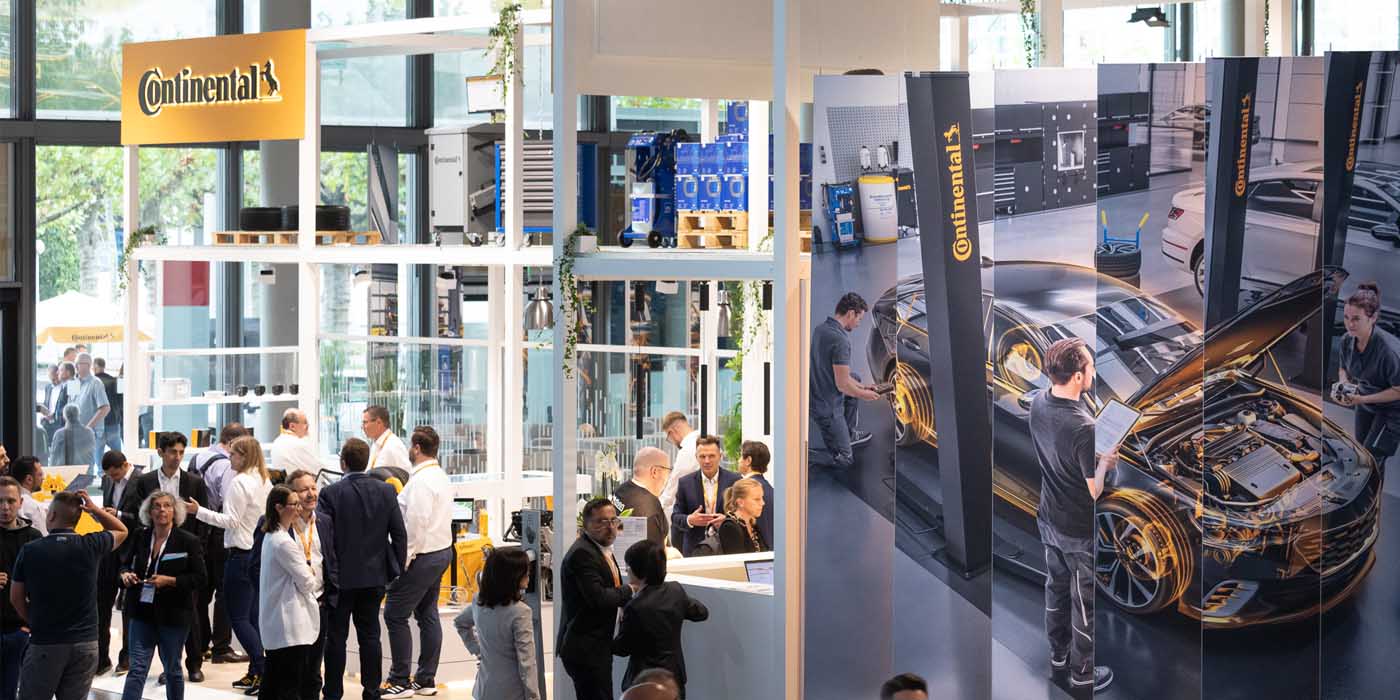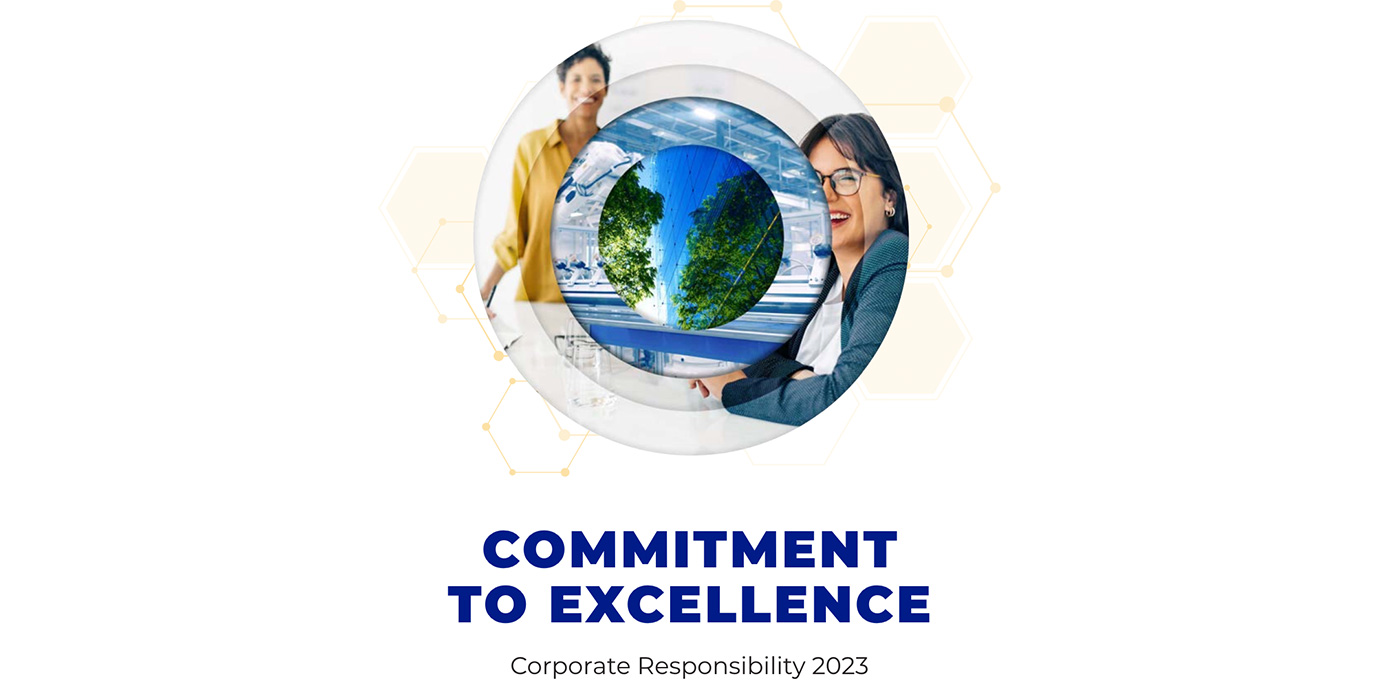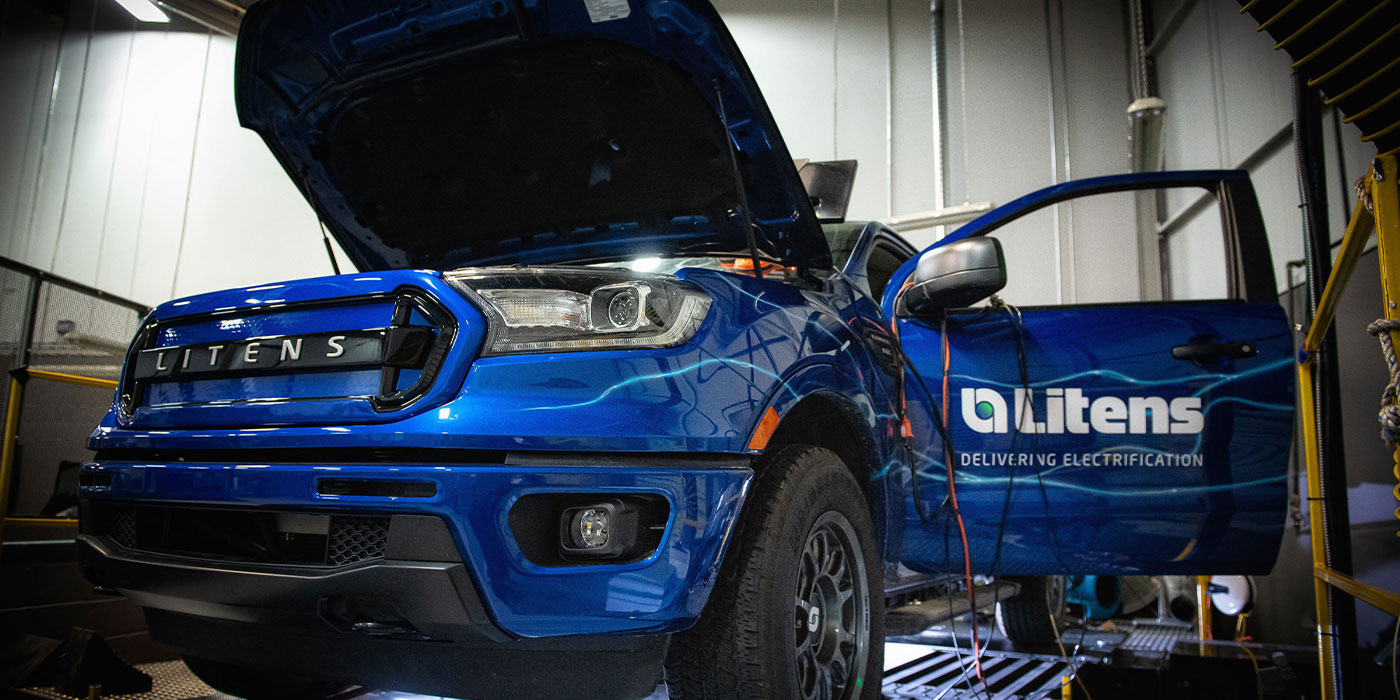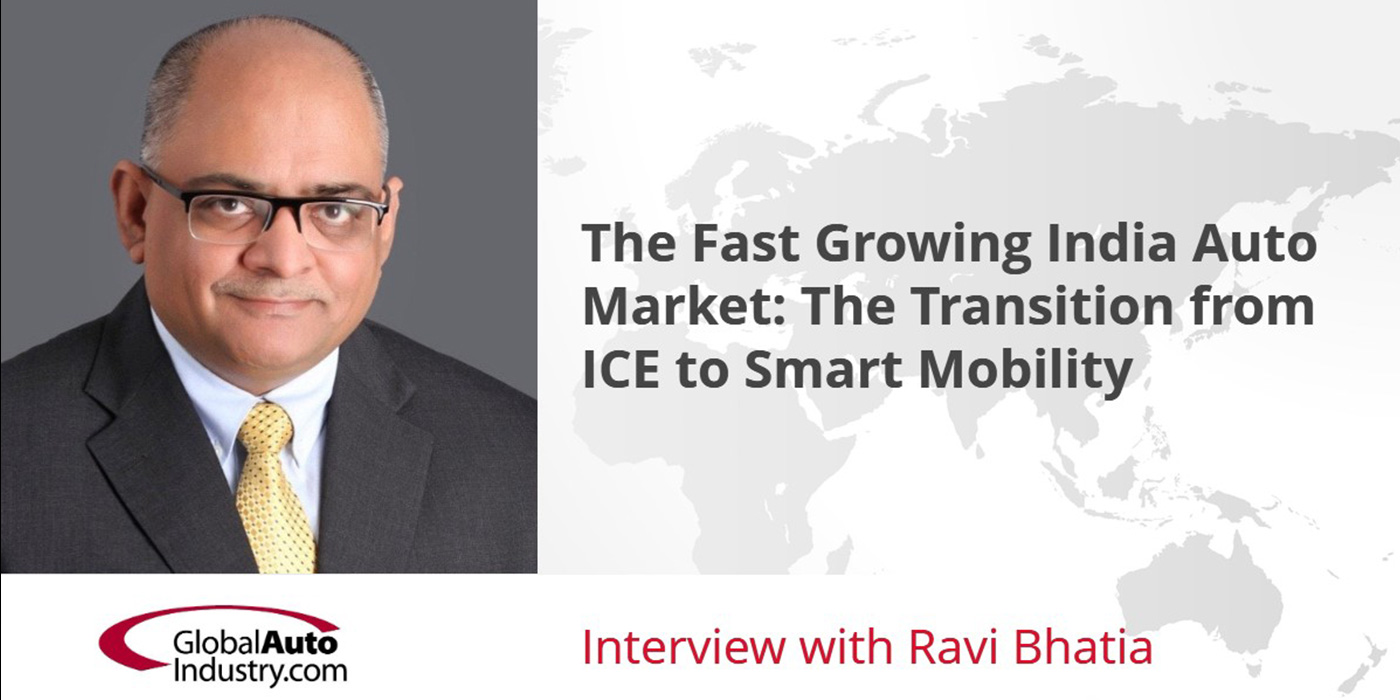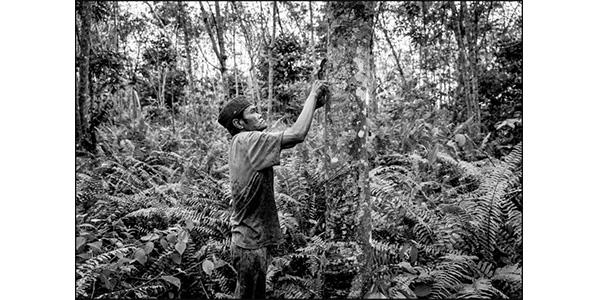
A journey that begins at the rubber tree and ends with the production of a tire, passing through a description of the farmers’ lives and their cultivation and processing techniques, fundamental phases of natural rubber’s production and supply cycle. Pirelli wants to build awareness of this precious primary material and share its commitment to the preservation of biodiversity and support of the community and local economy. To do so, the global tiremaker partnered with award-winning photographer and author Alessandro Scotti, also a UN Goodwill Ambassador, to launch “Being Fast Takes Time,” a digital platform that captures the story and timeline of this precious natural commodity in stunning detail.
The project, which can be accessed at pirelli.com/naturalrubber, seeks to help understand how precious the natural equilibrium is when cultivating natural rubber, and follows the path on which Pirelli embarked in 2017 with its Sustainable Natural Rubber Policy. The policy was born of an ongoing multi-stakeholder dialogue conducted by the company to govern the sustainable and responsible supply of natural rubber along the whole value chain.
“Being fast takes time” begins with Scotti’s reportage from Indonesia and Thailand, two of the major producers of latex extracted from rubber trees. It documents the meticulous and slow process of latex extraction (taking three hours to fill half a coconut shell) and the long wait for its solidification, in harmony and respect of nature’s times and rhythms, through to the final product, the tire, a key element of the fast world of competitive motorsports. These two distant but connected realities are recounted to illustrate the steps that separate the work and rhythms of the farmers from those of the fast and complex industrialized technological world.
The platform consists of seven sections: the project, the journey, natural rubber, the community, nature and fauna, our commitment, from white to black. It is the story – told through 30 black and white images, videos and other elements, including a logbook kept by Alessandro Scotti – of his journey through Indonesia, the island of Java, Sumatra and the plantations in the province of Chonburi in Thailand. The reportage documents the role of women, the life of the farmers, whose sustenance depends on these precious trees, the complex tapping technique, the incisions made to extract the latex, the wildness of nature, where people live alongside elephants, orangutans and crocodiles. A journey from white to black, from the white of latex to the black of the tire, a world far from ours, punctuated by the sounds of nature and with a balanced and harmonious ecosystem that must be protected.
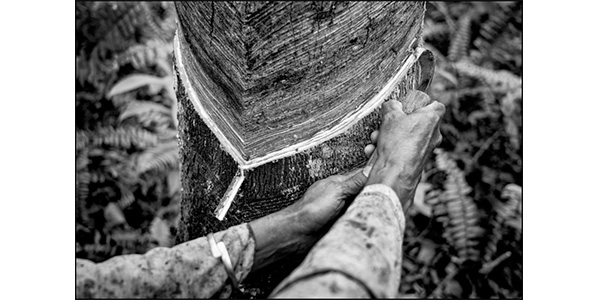
“Pursuing sustainable development means always looking ahead to tomorrow, keeping it clear that economic, environmental and human capital are interdependent and should be managed as such. We have always worked to create enduring value, based on the passion and skill of our people, and this approach is also found in our sustainable natural rubber policy,” said Marco Tronchetti Provera, executive vice chairman and CEO of Pirelli.
“We cannot do without natural rubber in the production of tires,” explained Filippo Bettini, chief sustainability and risk governance officer of Pirelli, “so it is of fundamental importance to us the processes involved in its cultivation and extraction are carried out in a sustainable way, respecting people and the ecosystem in the key producer countries like Indonesia and Thailand. Only with a responsible approach can we contribute to ensure the future of such a precious raw material and to the local populations that draw their sustenance from rubber.”
The key elements of the whole project are the people and their 360-degree involvement along the entire chain: from suppliers to employees to local processors. “At the heart of this story,” writes Scotti in the logbook that accompanies web navigators in their discovery of natural rubber, “are Sofyan and Maimunah, who are the first cultivators that I meet. They live in a stilt house immersed in the deafening sounds of the forest, a tranquility that bursts with action: silence of human activity and the impetuous din of invisible activities. It is the rhythm of nature. To synchronize you need to slow down. And do it in a determined fashion, to allow the time of nature to become the time of men.”
Pirelli and its natural rubber policy
In 2017, Pirelli issued its Sustainable Natural Rubber Policy. The policy’s goal is to promote and develop a sustainable and responsible natural rubber supply chain involving farmers, traders, processors, sellers and producers. It was the result of multi-stakeholder dialogues, that is to say consultations with international NGOs, its main natural rubber suppliers, traders and growers, automotive clients, multi-lateral and international organizations. In 2018, to facilitate the Policy’s implementation, Pirelli produced an Implementation Manual, also the result of active stakeholder involvement, and, in addition, published a Roadmap 2019-2021, which details the activities that the company is undertaking to support its supply chain with the implementation of the Policy. The activities planned for 2019, for example, include, among other things, training activities to facilitate the implementation of Pirelli’s Policy along the supply chain, partnerships with strategic suppliers to enhance the productivity of their plantations, and mapping of socio-environmental risks and of forest areas to be protected, also utilizing satellites.
Pirelli – which does not have its own plantations and therefore implements its sustainability strategy through partnerships with its suppliers – says it places people and the environment at the center of its Policy.
The Policy’s foundations are the protection of human rights, health, safety and the wellbeing of all involved in the natural rubber supply chain, respect for the rights of indigenous populations, development of local economies. Pirelli’s suppliers also are required to avoid using fires to clear spaces to prepare new plantations, not to cultivate in peat bogs and to adhere strictly to the internationally recognized High Conservation Value (HCV) and High Carbon Stock (HCS) guidelines to conserve the ecosystem.
In addition to involving its suppliers, Pirelli promotes and supports cooperation activities at the industrial sector level, and among the stakeholders that have important roles in the natural rubber value chain. Together with the main tiremakers, important companies in the automotive sector, international NGOs and natural rubber producers, Pirelli is one of the founders of the Global Platform for Sustainable Natural Rubber, which has the goal of uniting efforts for the sustainable development of natural rubber at the world level.
Pirelli and Sustainability: results and goals
The Pirelli Model for sustainable management – inspired by the Ten Principles of the United Nations Global Compact and the Guidelines for Corporate Social of the ISO 26000 international Standard – covers the different dimensions of the company: economic, environmental and social. Each year Pirelli achieves further improvements in its sustainability performance: in 2018, for example, “Green Performance” products accounted for half of Pirelli’s sales (49.8% compared with 43.5% in 2017) and 57.5% of sales of High Value products.
Further, compared with 2017, Pirelli posted a reduction in absolute water drawing of 11.8% and of specific of 9.8%, an absolute reduction of energy consumption of 1.6% with the specific index aligned with the values of the prior year and an absolute reduction of CO2 emissions of 5.8% and of specific of 3.7%. In addition, 96% of waste was sent to recovery, thus effectively pursuing the target of “zero waste to landfill,” reaching the 2020 target (recovery >95%) two years ahead of schedule.
There also have been significant improvements in terms of the “culture of health and safety at work.” The 2018 index of accident frequency, for example, was in line with 2017, but down by 81% compared with 2009, while the investment in training was on average above 8 days per employee, thus exceeding for the sixth year the target of an average of 7 days per capita.
The positive results achieved by Pirelli are underscored by recent recognition the company has received from the leadership in the Auto Components segment on the Dow Jones Sustainability Index and the Sustainability Yearbook 2019 through to its inclusion in the Climate A list drawn up by CDP for its role in the battle against climate change.
To view “Being Fast Takes Time,” click here.


